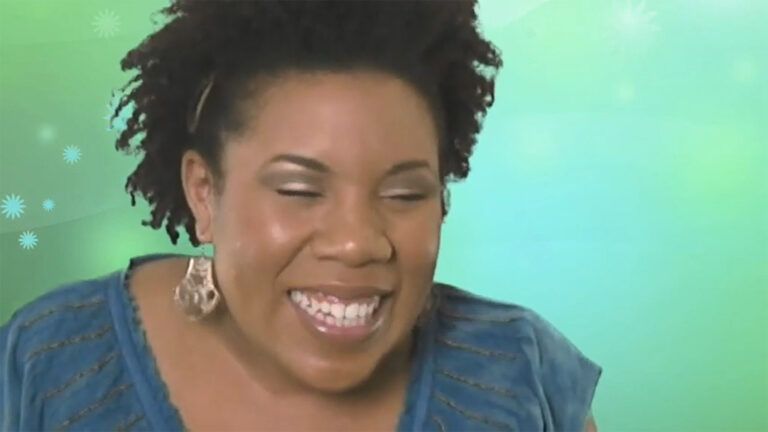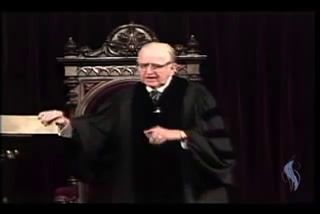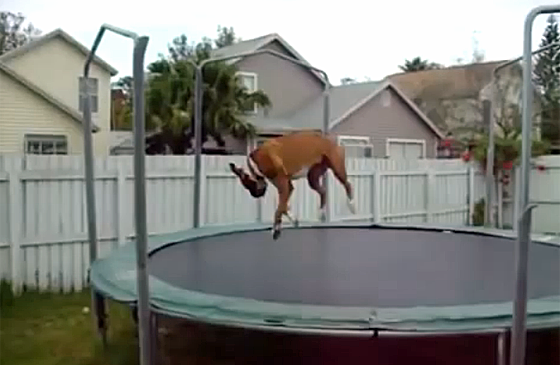
A Marine Veteran Continues to Fight Her Toughest Battle
USMC Sergeant (Ret.) Kirstie Ennis, who suffered traumatic injuries—physical, mental and emotional—during a tour of duty in Afghanistan, discusses the lengthy road she has traveled toward recovery.
View Transcript
Hi Guideposts. I’m retired Marine Sergeant Kirstie Ennis, and we’re here at my home in Glenwood Springs, Colorado.
I served six years in the United States Marine Corps as a helicopter door gunner and airframes mechanic. On my last deployment to Afghanistan, my helicopter went down. And as a result of the crash, I sustained various injuries. And for the last few years, I have been on the road to recovery. And I’m really looking to fulfill that purpose of continuing to serve people.
I joined the United States Marine Corps at 17 years old. And I joined because I knew that I wanted to serve people. And you know, when I was going on my deployments to Afghanistan, I realized that there was no greater sense of purpose and fulfilling a purpose than being deployed. And on my last deployment to Afghanistan, as a result of the helicopter crash, I sustained everything from a left leg above-the-knee amputation to spinal cord trauma to traumatic brain injury. And the list really goes on.
And as a result of that, my recovery hasn’t ended yet. I’ve spent two years living at Naval Medical Center San Diego. I did two years of speech therapy, cognitive therapy, mental health, vestibular therapy, physical therapy. And it’s truly been an uphill battle. I’m finally to a point now where I feel like it’s all come back together. You know, it’s all starting to make sense.
And you know, people look at me instantly and they think, oh, wow, dealing with the amputation, that must be the hardest part. Like, they can see. It’s fresh on their minds. But the reality of it is is the most debilitating injuries have been the invisible injuries. So you know, the mental and emotional side of things. That’s a constant battle. And it was honestly some of the hardest things that I dealt with in the hospital, making sure that my head and my heart was in the right place so that I could heal physically.
I was one of the kids that was really fortunate to have two parents that were in the Marine Corps. I had two role models that were doing something for the greater good. And you know, my parents are truly the reason that I joined the Marine Corps.
I would love to pretend that my recovery was easy, or that it was quick, but the reality of it is is I’m still dealing with it now. I’ve had 44 surgeries to repair everything from some pretty severe facial trauma to my left leg to my arms. And you know, it’s almost never-ending.
And the first year of my recovery was god-awful. I had given up. I checked out. I lost sense of my purpose. And on my alive day, or my anniversary of being injured in Afghanistan, I threw in the towel. I was going to commit suicide. Had an attempt. And luckily, I was surrounded by some pretty amazing people to help me come out of it, to help me survive.
And I’ll never forget the day that my dad looked at me and said, you’ve got to be kidding me. The enemy couldn’t kill you, and now you’re gonna do it for them. And that’s when the light bulb went off. That’s when I realized that there was a lot more. Like yes, I was young, and I came home broken, but I was still alive. There’s a lot of men and women that never made it home. And my dad telling me that, it triggered something. And it made me realize that I have to have this new perspective on life.
I’m not doing this for myself anymore. I’m doing it for the men and the women that didn’t come home, the ones that are sitting in the cabin overhead staring down at us, watching us day in and day out. I’m doing it for the families of the men and women that never came home. And I’m doing it hopefully to inspire people to use more of their potential, maybe for the men and the women that are dealing with adversities, or for the little kids that think they can’t for some reason.
I want to use this life of mine as a vessel to show people that you can do whatever the heck it is that you want to do, you just have to figure out how. When I was hurt in Afghanistan, I was 21, 22, and dealing with a lot of complications from the injuries. I lost a lot, and it’s blatantly obvious. You know, I have very little leg left on my left side.
And I’ve dealt with memory loss. I don’t remember crucial moments with my family. I lost years from sitting in the hospital dealing with recovery. But I refuse to get fixated on that. And I’ve decided that I’m gonna focus on what I’ve gained. And the most valuable thing that I have taken from all of this is perspective.
I look back and I reflect on the things that have happened to me, and instead of being upset, I realize that, yes, it’s a curse, but it’s also a blessing. I wouldn’t wish this on my worst enemy. But had this not happened, I wouldn’t be doing the things that I’m doing. I wouldn’t be able to be involved with the people that I’m involved in, and I wouldn’t have the experiences that I have now. So I’ve gained a lot in the grand scheme.










